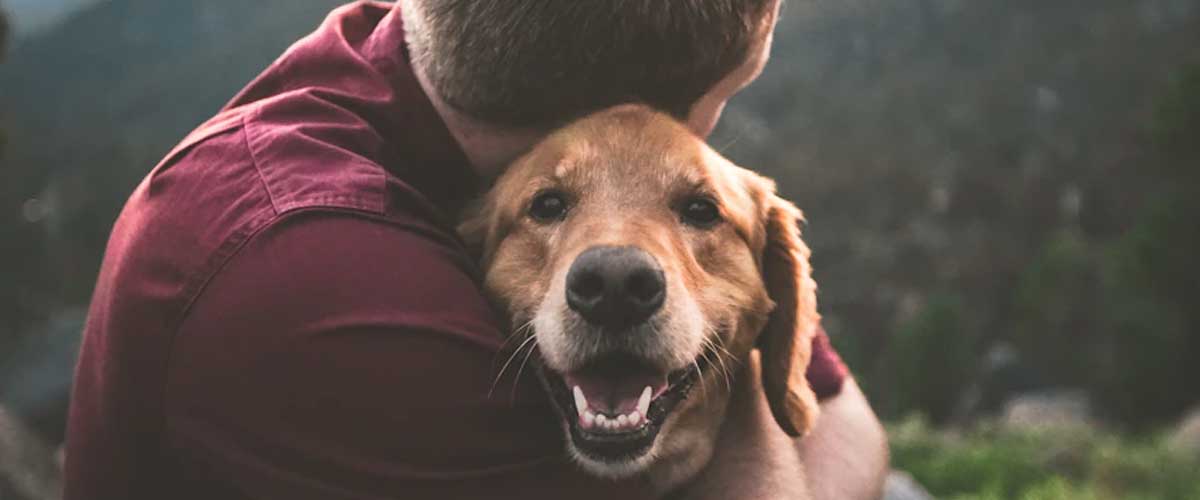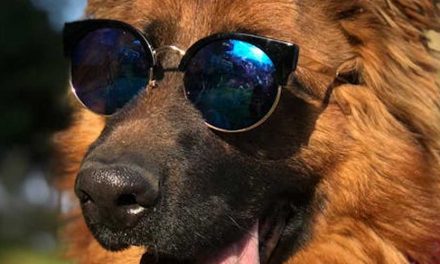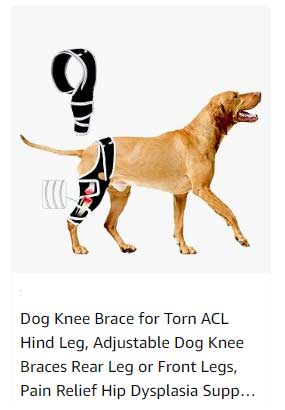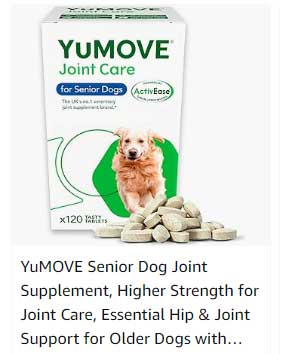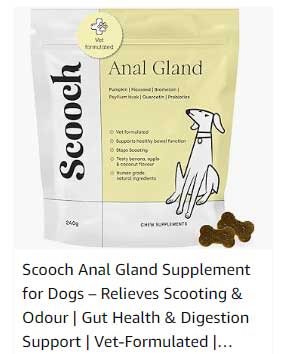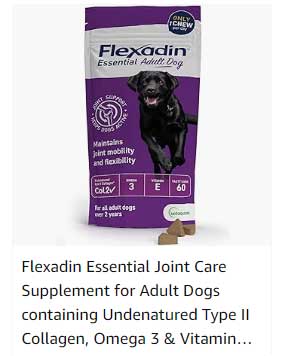As pet owners, we often celebrate the exuberance and boundless energy of our younger canine companions.
However, it’s equally important to acknowledge and celebrate senior dogs, who bring a wealth of wisdom, love, and joy to our lives.
As our furry friends age, they require specific care and consideration, making it essential to understand their unique health needs.
Embracing the Aging Process
The aging process can be a bittersweet experience for pet owners.
Seeing our dogs transition from lively puppies to distinguished seniors can be heart-wrenching, but it also offers a unique opportunity to deepen our bond with them.
Senior dogs often display a calming presence, a gentle demeanor, and a rich memories portfolio that can make every moment spent with them feel more meaningful.
Celebrating these qualities is essential to appreciating our dogs as they age.
Understanding Unique Health Needs
Senior dogs typically experience different health concerns than their younger counterparts.
Many of these issues require special attention to ensure the best quality of life during their twilight years.
Common health conditions in senior dogs include arthritis, dental disease, vision and hearing loss, and various organ dysfunctions.
1. Arthritis and Mobility Issues:
Just like humans, senior dogs often experience joint issues as they age.
Signs of arthritis can include difficulty getting up, reluctance to exercise, and even behavioral changes due to discomfort.
Regular check-ups with your veterinarian can help manage pain through medication, weight management, and appropriate exercise, such as gentle walks or swimming.
2. Dental Health:
Dental disease is prevalent in senior dogs and can lead to serious health problems if not addressed.
Regular dental check-ups are crucial to prevent pain and infection.
At home, providing dental chews or toys can help maintain their oral hygiene while also keeping them entertained.
3. Vision and Hearing Loss:
Many senior dogs face vision and hearing loss as they age.
Being mindful of these changes is important.
Keep the living area familiar and free from obstacles to reduce the chance of accidents.
Always approach your dog from the front to avoid surprising them, and use hand signals or other visual cues for training and communication.
4. Organ Function:
Older dogs may experience changes in their kidney, liver, and heart function.
Routine veterinarian visits are important for early detection and management of these conditions.
Adjusting their diet to accommodate specific health concerns may also be necessary.
Many pet food brands now offer formulas tailored for senior dogs that provide the right balance of nutrients.
Providing the Best Care
Now that we recognize the unique health needs of senior dogs, how can we provide the best care for them?
Here are a few tips: –
Regular Veterinary Visits:
Frequent check-ups are essential for early detecting potential health issues.
Senior dogs should have bi-annual vet visits to monitor their health and adjust their care plan as needed.
Nutrition:
A balanced diet is key to maintaining health in senior dogs.
Consult with your vet to determine the best food options, including formulations designed for older dogs.
Ensuring proper hydration is also paramount.
Exercise:
While senior dogs may not have the energy they once did, regular, gentle exercise is important to keep them mobile and healthy.
Short, leisurely walks are often ideal. Mental stimulation through puzzle toys and training can also keep their brains sharp.
Comfort at Home:
Providing a soft, warm bed and ensuring easy access to food, water, and bathroom areas is critical for your senior dog’s comfort.
Consider their mobility when rearranging furniture or providing stairs to access favorite spots.
Celebrating Their Lives
Beyond addressing health needs, take time to celebrate and cherish the moments with your senior dog.
Simple pleasures like leisurely strolls, cuddling on the couch, or capturing their adorable quirks in photos can enhance your time together.
Host a “senior dog day” at home with treats, favorite toys, and family members, creating a memorable experience that honors your pet’s loyal companionship.
In Conclusion
Senior dogs can teach us invaluable lessons about patience, love, and the beauty of slowing down.
By understanding and meeting their unique health needs, we can ensure that their golden years are filled with comfort, joy, and plenty of celebration.
So let’s embrace these special furry friends and give them the love and care they truly deserve!

